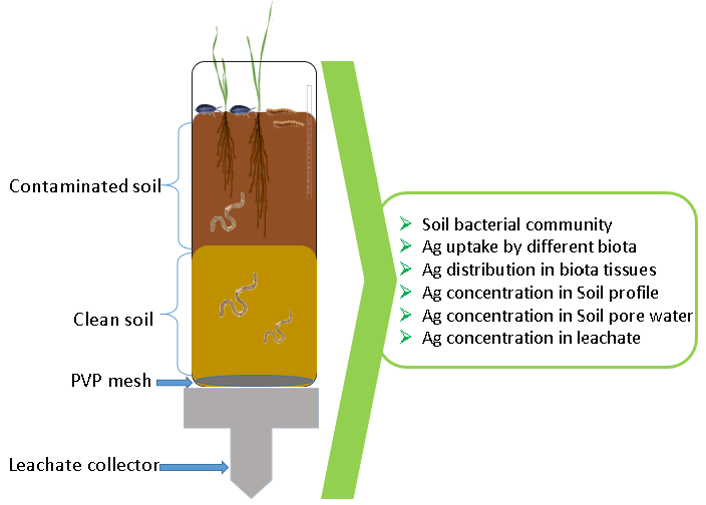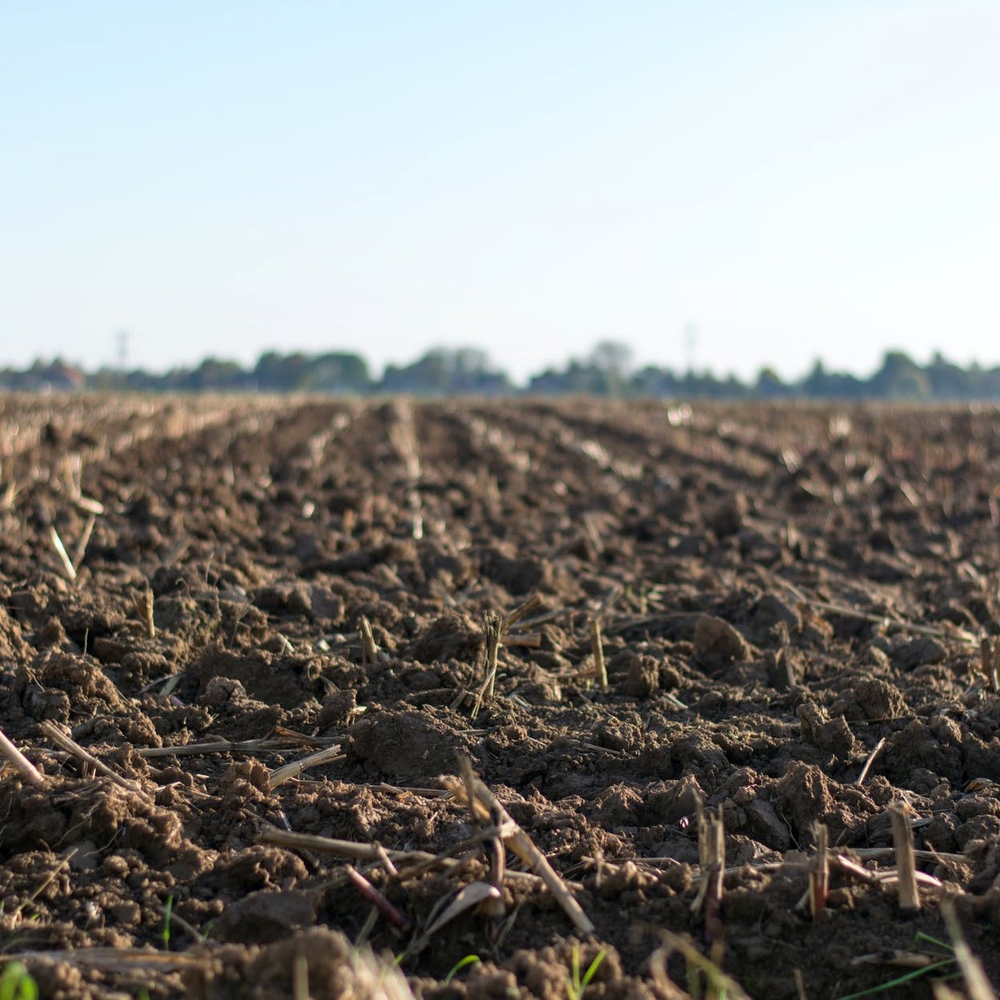NanoFASE Mesocosm studies: Ag2S-NP uptake by different terrestrial organisms -Validation of single-species tests
Nanomaterials are expected to appear in the environment through sewage sludge application onto agricultural fields or direct application of agrochemicals. Because of reduction conditions during wastewater treatment, resulting in the presence of a large proportion of sulfide, Ag ions or Ag NPs are likely to be transformed into Ag2S, which then can be present in biosolids. NanoFASE performed an indoor mesocosm experiment to evaluate Ag uptake by diverse terrestrial organisms. Mealworm (Tenebrio molitor), wheat plants (Triticum aestivum L.), isopods (Porcellio scaber) and earthworms (Lumbricus rubellus) were exposed for 28 days in soil whose 10-cm top layer was spiked with Ag2S NP or AgNO3 at 10 mg Ag per kg−1 soil; the 10-cm bottom layer was clean soil.
Study aim |
The aim of this work was to determine the uptake of Ag2S NP (simulating Ag ageing in wastewater treatment plants) in a range of terrestrial biota under a relevant environmental exposure scenario and thus to verify results and patterns obtained under uni-species tests.
Experimental approach |
Overview |
|
|
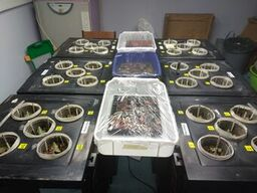 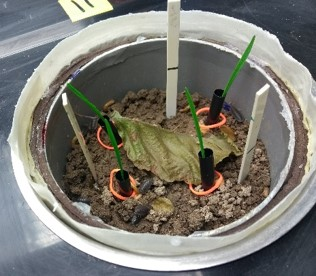 |
Compartment involved: Soil NP type/size: Ag2S NPS were provided by AppNAno Species: Assay: |
Results |
|
In some of the species (e.g. mealworms), uptake of Ag2S NP under mesocosm conditions was similar to that seen in the single species experiments.
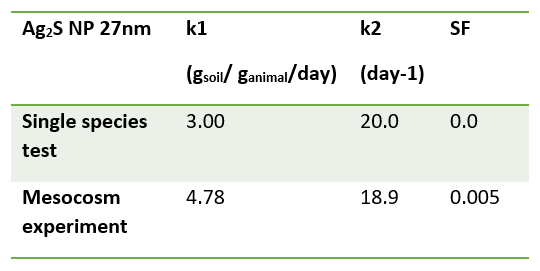
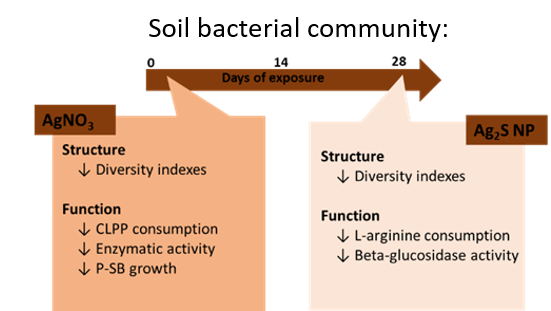
Parameters |
Emitted to |
|
k1 = uptake rate constant (gsoil/ganimal/day); k2 = elimination rate constant (day-1) SF= stored fraction
|
|
Read more |
Read also |
|
See extraordinary close-up biota photography and experimental set up in the NanoFASE scientific video: |
|
Contact
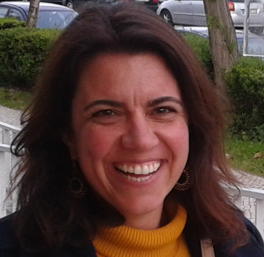 Susana Loureiro
Susana Loureiro
University of Aveiro
Email: sloureiro@ua.pt
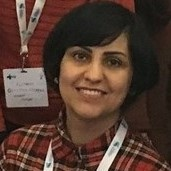
Zahra Khodaparast
University of Aveiro
Email: Khodaparast@ua.pt

